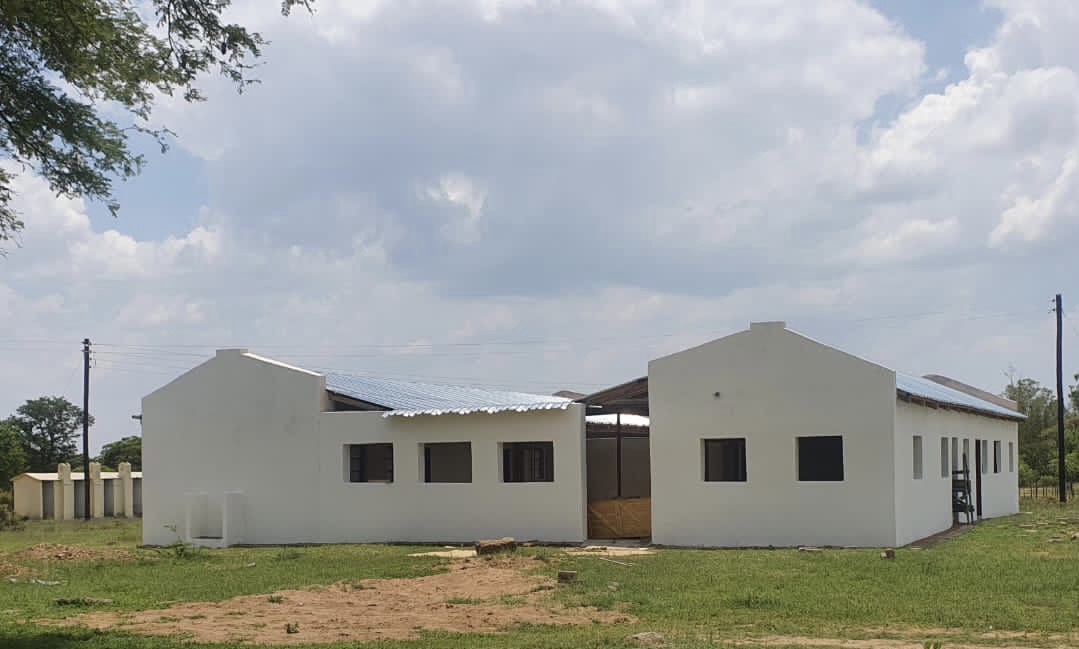The Banabengwana Development Trust (BDT) in Dubane Village, Ngwana Plumtree, is working hard to empower communities through engaging in successful fundraising initiatives for local projects and marginalised groups.
BDT, primarily a Kalanga initiative, was founded in 1998 and is composed of locals, some of whom are based in the Diaspora who raise funds and resources from their respective bases to support local projects in Ngwana.
Their motto is, ‘when communities join forces, great things happen.’
BDT has identified four pillars that require assistance: health, water, education, and social welfare, and is working on construction projects to address these needs.
The organisation has grown to include three chapters: Zimbabwe, South Africa, and the United Kingdom (UK), and one of its major achievements was the installation of a telephone line at Ngwana Primary School.
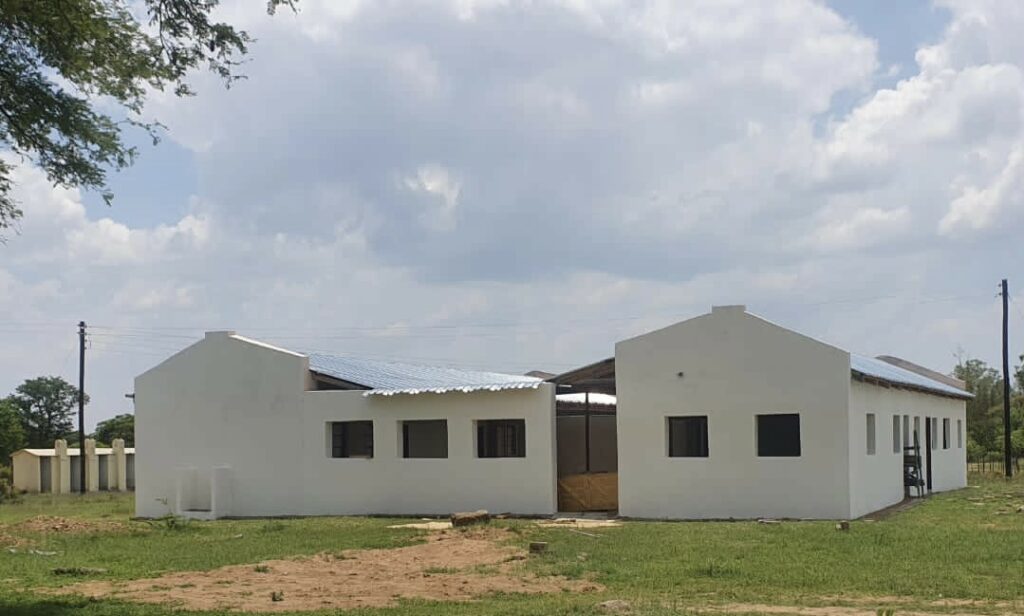
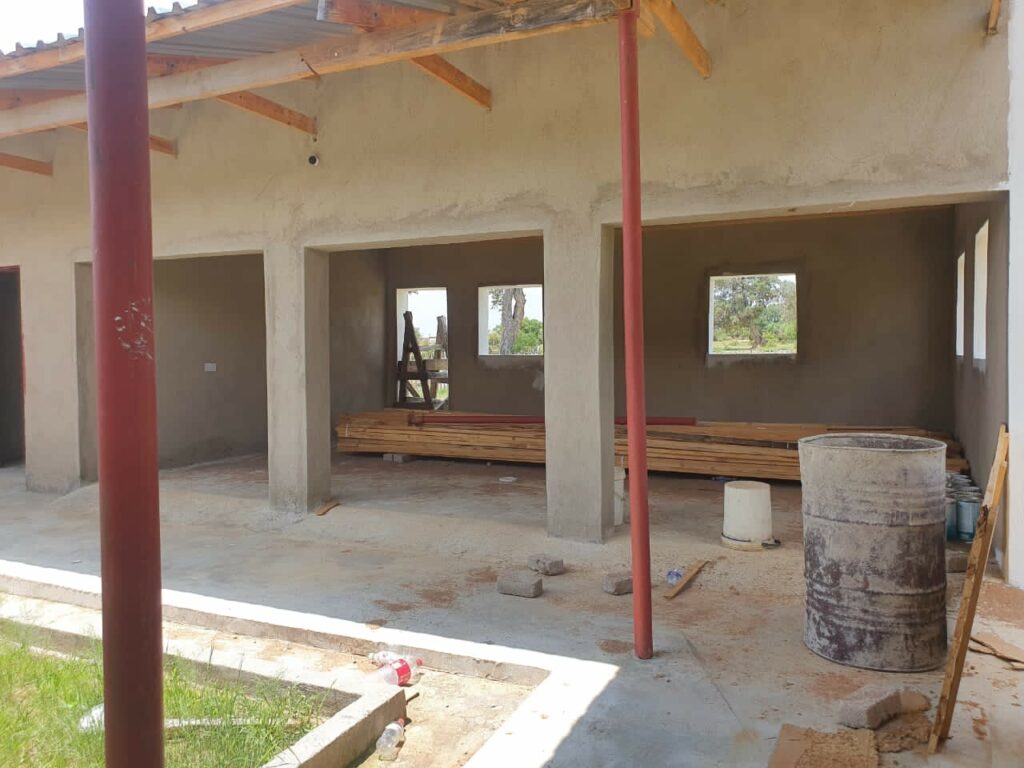
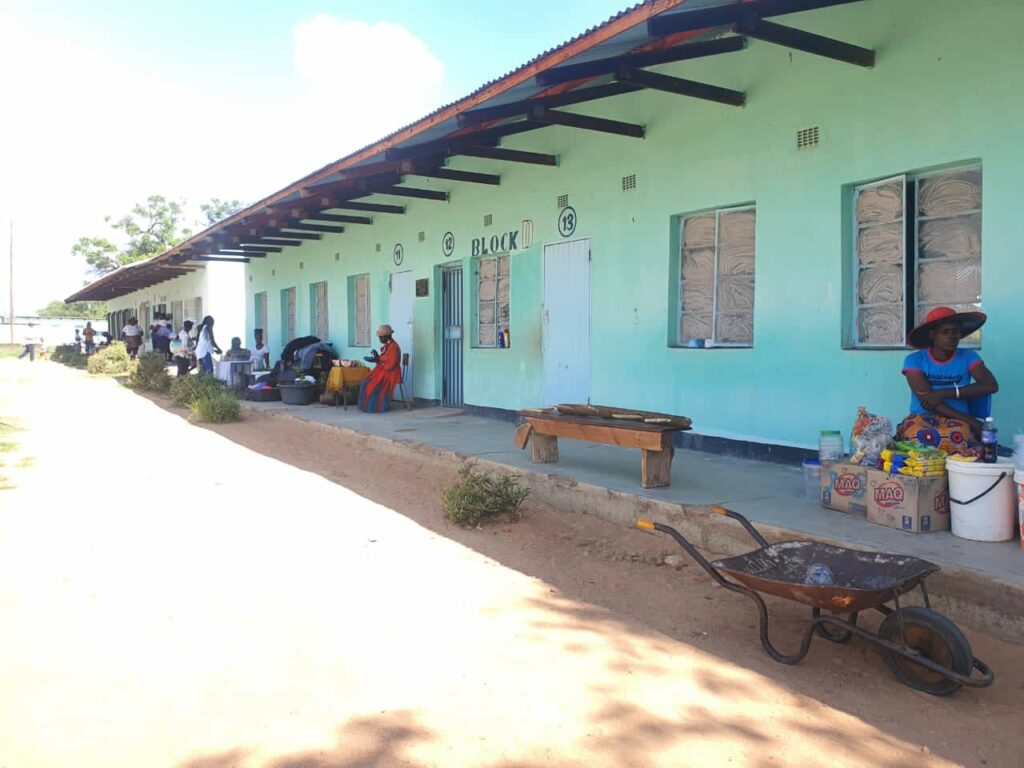
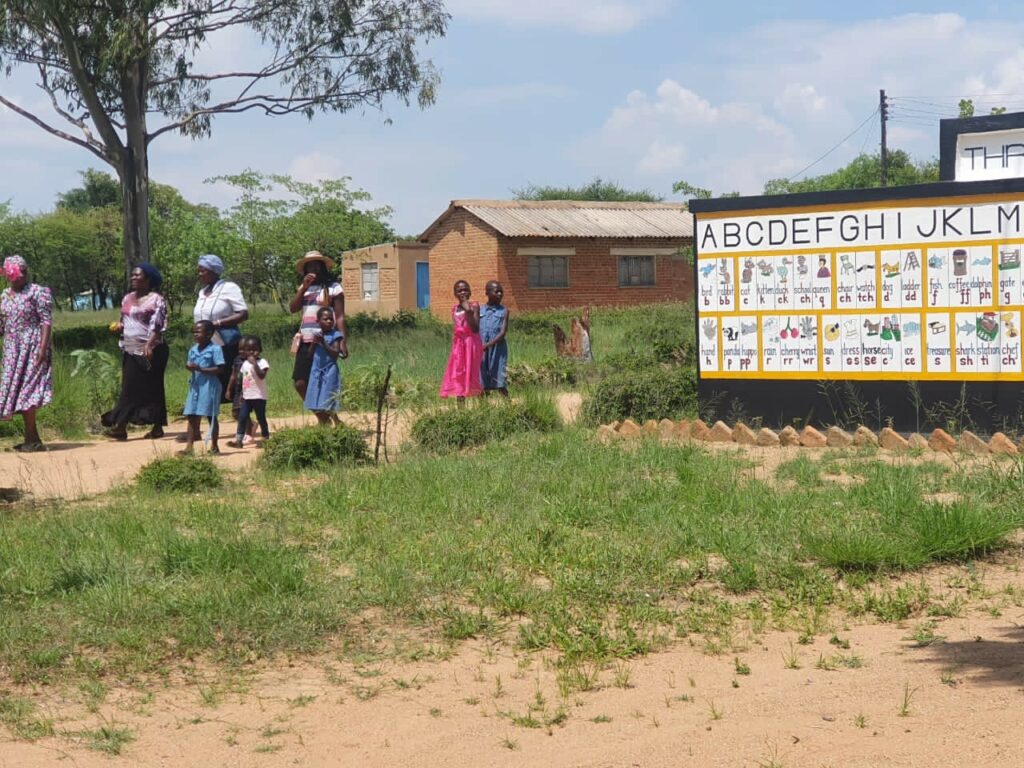
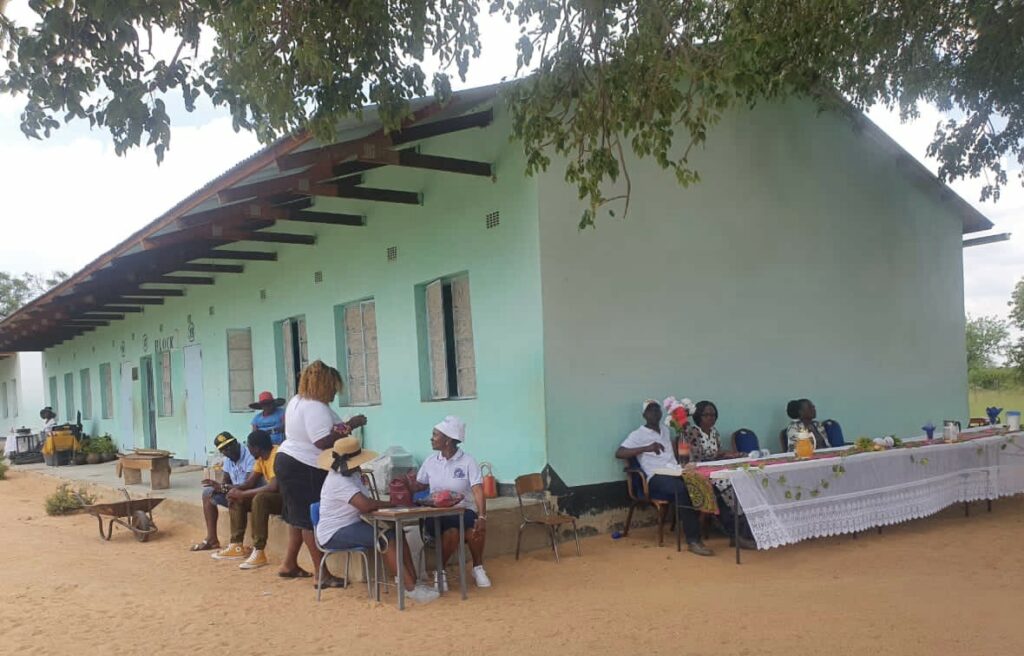
Mortain Dube, BDT’s organising secretary and coordinator of all three chapters, stated that the fundraising festival has been held since 1998.
“When people come home from South Africa or the UK for the December holidays, we gather to raise funds and resources for projects here in the village,” he said at the event held at Ngwana Primary on Wednesday where several activities were lined up for the day including dance and music for both young and elderly.
“Our main project is to complete the construction of Ngwana Clinic, which should have been completed by now. Some people are giving up hope as they are not seeing its success so our aim is to have it partially open while completion continues,” he said.
The community’s other priority is desilting Ngwana Dam and water harvesting.
“The dam project is vital, as it can also revive other projects. Desilting is a big project and requires a lot of money. When we were growing up there were gardens around it and people moulded bricks but now they can’t do that as they will be taken to the headman for wasting water meant for livestock. We need fishing as well,” Dube said.
“Due to siltation, the dam doesn’t hold water and it’s also cracked, so there is water leakage but we did manage to fence it this year with 10 rows of barbed wire.”
BDT also provides materials to Ngwana Primary School and participates in its Prize Giving Days by making donations and performing minor renovations such as mending benches or painting.
“Under welfare, we support orphans and vulnerable elderly who are identified by the villagers. We give them food hampers from time to time,” said Dube.
He also explained BDT is growing but was affected by the ups and downs of the economy.
“Anyone can join BDT as long as they pay a R100 membership fee and R20 monthly subscriptions. The three chapters, Zimbabwe, South Africa and UK each have their own subscription fees based on their economy,” Dube said, adding that BDT needed to grow its membership.
“We believe working collectively, can achieve a lot for communities.”
Secretary of the UK Chapter, Lucky Moyo, concurred the biggest challenge of fundraising was selling a vision to people.
“There are people who are pro-development and hands on, who move faster while others question the initiative, asking why they do not for donors or the government,” he said.
“Some people don’t see the need for the project and prefer to do other things with their money and you can’t fault them. Some argue on prioritisation but good leadership is engaging people that you disagree with.”
The fundraising event was halted during Covid-19 but has since resumed, with Moyo stating that, in addition to raising funds for local projects, another goal is for people to gather and eat, which is normally only done at funerals.
“So this is a joyous event. The concept is our view and light of the world came from this school we are in today so we need to influence our children that community participation is important. We also want to put pictures of local people who have done well in the school’s library so they can be challenged. We have people who have done amazingly well – colonels in the army, media owners, consultants, doctors and musicians so imagine seeing these images of people that you know in your class,” he said.
Moyo concurred more resources were needed for the clinic and dam.
“We need to do the plumbing, place chambers, place the septic tank, electricity and we came up with an idea of selling doors where interested people fund that and inscribe their family legacy there,” he said.
“For the dam, we need to do a spillage way and from 2023 to 2025 we will be raising funds for the dam as a lot of cement is needed.”
Secretary of Ngwana clinic Project, Chemist Ncube said the clinic construction started in May 2013.
“We started this project after realising pregnant women suffered the most because they walked long distances to other clinics. We approached authorities to give us land for the clinic that’s closer for women,” he said and lamented completion had taken nine years.
“We need more fundraising to uplift this project. We have received support from other organisations such as IOM who gave us paint and roofing material but as for the other materials, we sourced for it on our own and also paid the service providers or contractors.”

